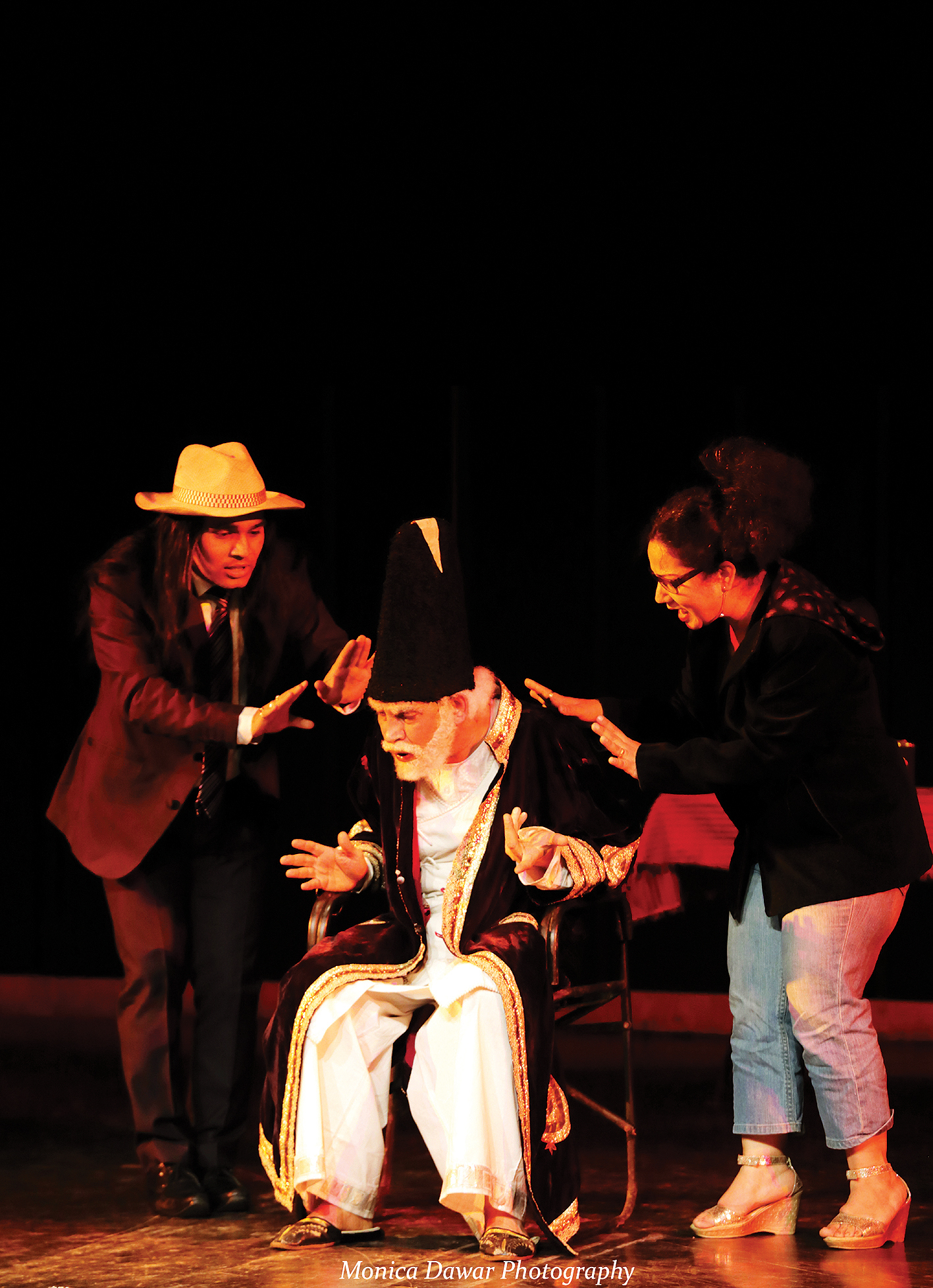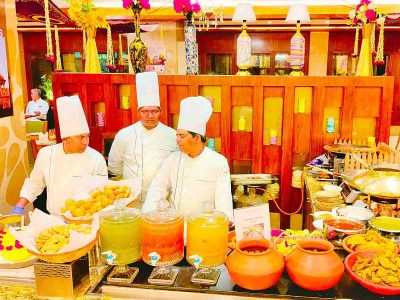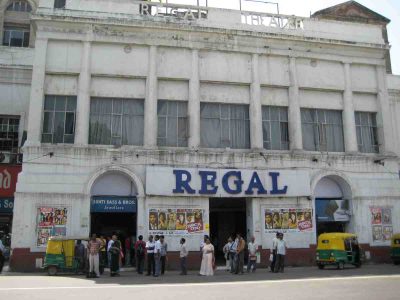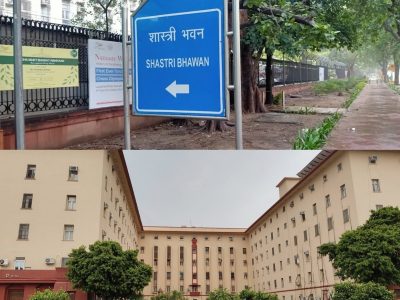Theatrical productions of Ghalib and Tughlaq have been running for decades, such is their popularity and appeal. What makes them tick?
Over two decades, 492 shows and counting — the re-birth of the great erstwhile Urdu poet Mirza Ghalib in Delhi is still keeping audiences in thrall
Premiered in 1997, Ghalib in New Delhi brings the eminent Urdu poet back in 21st century New Delhi. Beginning with his second birth at the ISBT in the Capital, he goes on to stay in a servant quarter with a Delhi University student from Patna only to become a Page 3 celebrity later.
Presented by Pierrot’s Troupe, one of the noted theatre groups in the city, formed in 1989, the entire plot revolves around Ghalib striving against an omnipotent identity crisis. Written and directed by M Syed Alam on the 200th birth anniversary of Ghalib, the play continues to evoke laughter and admiration till date.
One of the longest running comedies in terms of the shows held, what is it that keeps it running even 22 years after its debut? The answer lies in the script.
Constantly updating the script with the current developments in the country ensures that the crowd keeps pouring in. The dialogues are as relevant as it can get.
From EVM, Modi’s second term in power, Smriti Irani, Priyanka Gandhi to the World Cup, – the upcoming performance of the play sees Ghalib commenting on it all.
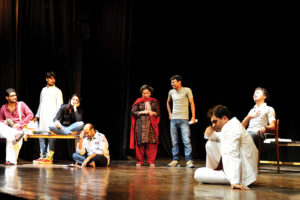
“The premise, theme and structure of the theatre remains the same but the content changes. From Deve Gowda’s time to Modi’s time, quite some changes have taken place and almost all of them have been incorporated over time,” says Alam.
To keep a play running for over two decades, it is absolutely necessary to write the dialogues in current context so that people can relate to it. “You have to. Whatever be our profession, on any regular day we usually discuss and refer to politics and socio economic developments taking place in the world.”
The same goes for theatre. Alam makes sure that he incorporates the current political and economic developments in his productions, to the extent that developments that have taken place even a day before are incorporated in the play.
“When you are doing a play, whatever be the premise, you would somehow refer to what is going on. People keep coming back to check what new element is instore for them,” explains Alam.
Not just Ghalib in New Delhi, he keeps tweaking the content of his theatres to maintain relevance. Another one of Alam’s production – Cut…Cut…Cut dates back to 1994 and is still applauded by the audience.
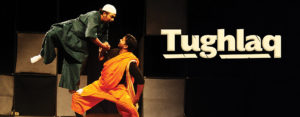
With 137 shows under its belt, this tragedy of comical errors, takes the audience through the journey of what all happens backstage. It follows the story of a director from Chennai, rehearsing a Hindi play written in Urdu, with a cast comprising actors from various castes, colours, classes and creeds – it serves as a perfect example of unity in diversity.
Alam here quite cleverly makes a reference to Delhi where people from different walks of life work and stay together. And he believes this is what keeps his plays going.
“Ever since we have been staging the plays, a lot many people have come to the city and almost a new generation has come up. This whole new audience is taking the play forward,” adds Alam.
And for this audience, all that matters is a good story. “If the storyline is good, I will go and watch the play. However, I do check if the director is a well experienced one,” says Tia, who loves watching plays.
Agreeing with her, another avid theatre lover, Sujata Das adds that she too checks the plot of the play as well as the troupe which is performing.
For Das, some plays never gets old, “so long as the story is good.” She recalls watching a play back in the 90’s during her college days and loving it so much that after a few years she took her husband along with her to watch it. “Even recently, I again went and watched the same play performed by the same troupe, simply because I enjoy it,” says Das.
It is this trend that keeps theatre alive. “People come alone and then come back with friends and family. This is how people keep watching and referring it to other people,” adds Alam.
So far as the cast is concerned, Alam tries his best to keep it the same for his plays. He believes it is not just the directors, but the entire cast that has to be aware of the current socio-political developments.
While this helps with productions like Ghalib, where one can afford to change the lines, several other plays — like Tughlaq — remain the same.
Staged innumerable times, right from 1966, this immensely popular play by Girish Karnad never gets old. In case of a historical play, one cannot change the content and context but can definitely co-relate it to the present or previous political dispensation.
One of the most popular plays in Delhi, Ghalib in New Delhi has been performed over 250 times in the city itself and is all set to be staged again as part of the Pierrot’s Troupe Theatre Laughtival.
The festival will also see Cut…Cut…Cut, A Private Affair and Chacha Chhakkan in Action — some of the most celebrated comedies performed by the troupe.
The festival will be staged at Shri Ram Centre from July 5

